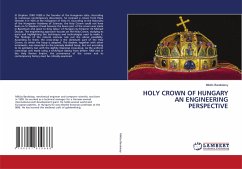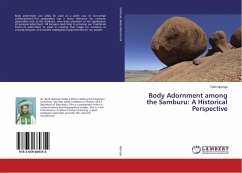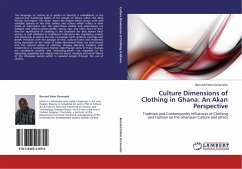St Stephen (1001-1038) is the founder of the Hungarian state. According to numerous contemporary documents, he received a crown from Pope Silvester II in 1001 at the instigation of Otto III. According to the historians of the Hungarian Academy of Sciences, the Holy Crown could not have been on St Stephen's head because the lower part of the crown was made in Byzantium and given to King Géza I of Hungary by Emperor VII Michael Doucas. The engineering approach focuses on the Holy Crown, studying its parts and highlighting the techniques and technologies used to make it. The findings of the natural sciences rule out the above possibility. According to them, the cross-strap is the dominant part of the Holy Crown, to which the hoop is adapted. The diadem, together with other ornaments, was mounted on the precisely divided hoop, but not according to its symmetry, but with the slightly imprecise cross-strap. As the uniform cross-strap was made using a technique dating from before 1000 and in the Holy Roman Empire, the provenance of the crown and its contemporary history must be critically examined.
Bitte wählen Sie Ihr Anliegen aus.
Rechnungen
Retourenschein anfordern
Bestellstatus
Storno








